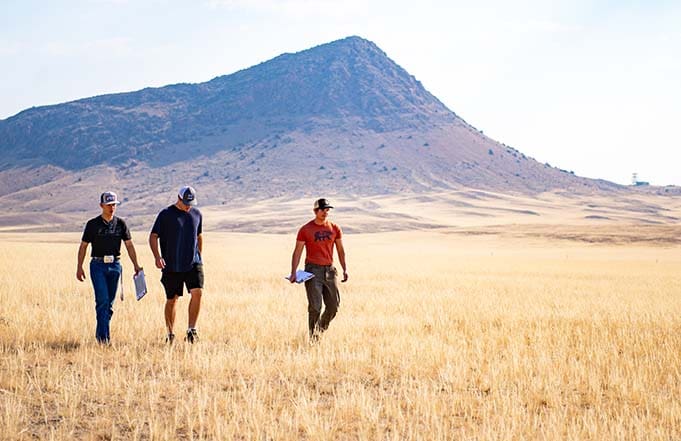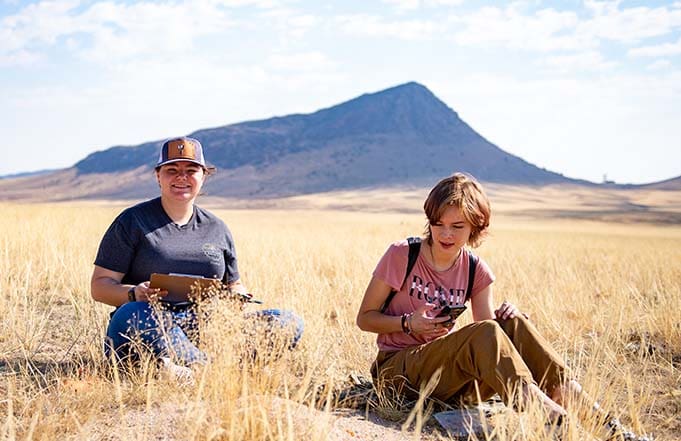January 30, 2023
Contrary to mental efficiency, the traditional college approach requires students to multitask with the workload of 4-5 classes at a time. This prevents the student from learning each subject beyond a surface level. The University of Montana Western takes a different approach with the Experience One program.

What is Experience One?
With the Experience One – block program, students can focus on one course at a time but still complete a full amount of credits every semester. Instead of juggling four courses at once, a student spends three hours each day on one course for 18 days, then moves on to the next course. Each course equals one “block” with four blocks per semester. This block schedule allows students to obtain a deeper understanding of each subject while still earning the same amount of credit as in traditional systems.
The Inefficiency of Multitasking
The traditional college approach requires multitasking because students take many classes at once throughout the semester. Attempting to shift the brain’s focus between multiple subjects repetitively every day greatly hinders the brain’s ability to absorb what is being taught. Engaging in multitasking—particularly while learning—limits our brains’ capacity to take in information (Madore and Wagner, 2019).

The Benefits of a Block Schedule
The Experience One program is beneficial to all students at the University of Montana Western no matter which degree they choose. Our outstanding faculty offer dynamic experiential learning opportunities from our ten academic departments: Biology, Business & Technology, Education, English, Environmental Sciences, Equine Studies, Fine Arts, Health & Human Performance, History, Philosophy & Social Sciences, and Mathematics.
These benefits include the following:
To learn how the Experience One program is revolutionizing higher education and to explore the wide selection of degree programs available, visit www.umwestern.edu/experienceOne
References
Madore, K. P., & Wagner, A. D. (2019). Multicosts of Multitasking. Cerebrum : the Dana forum on brain science, 2019, cer-04-19.